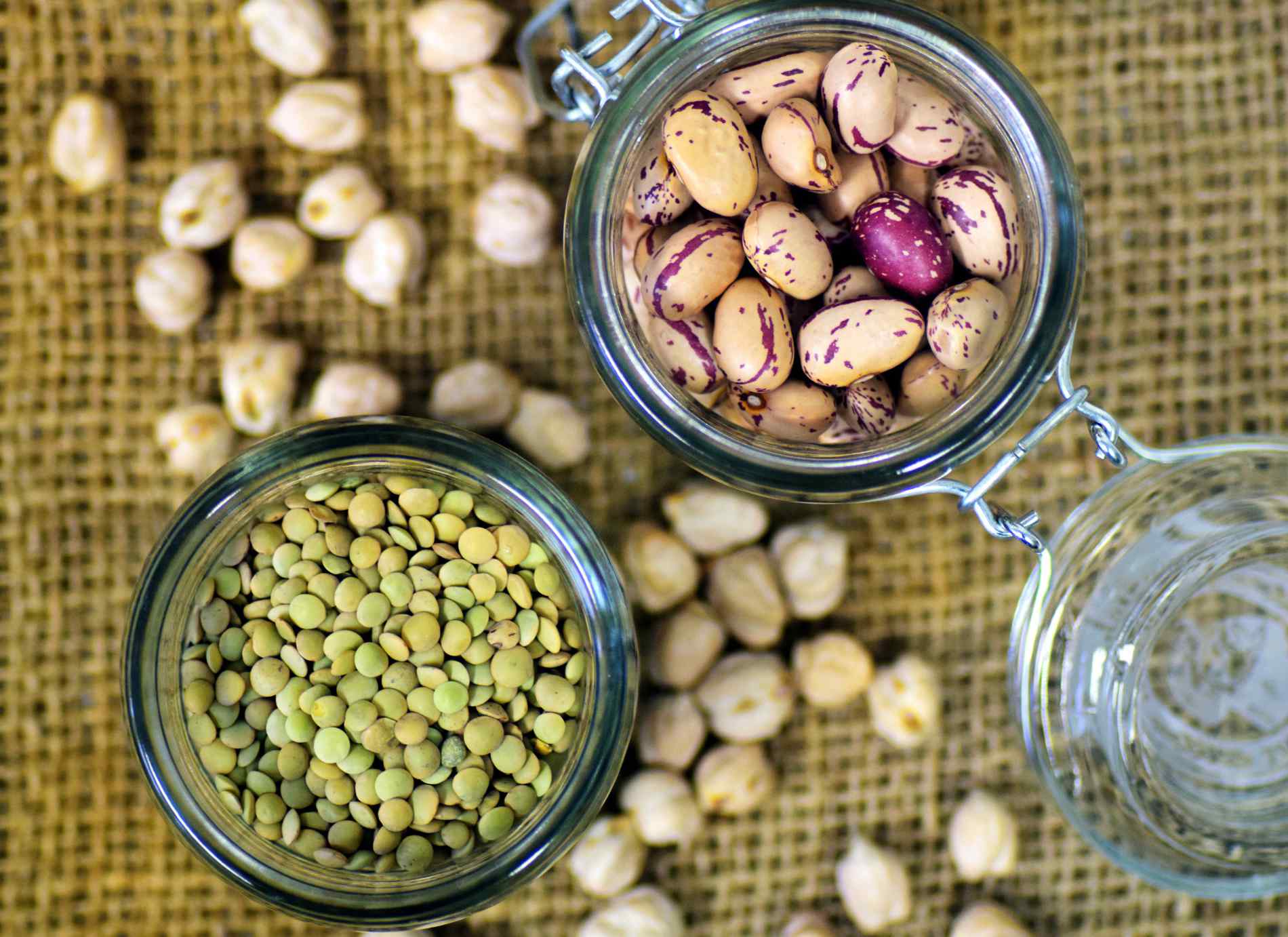Introduction
Beta-carotene, a colorful carotenoid, has taken on a central role in the world of health and nutrition. This natural pigment, responsible for the bright orange color of many fruits and vegetables, is not only a feast for the eyes, but also a powerful antioxidant with numerous health benefits.
The discovery of beta-carotene
The discovery of beta-carotene can be traced back to the late 19th century, when scientists investigated the components of plants that are responsible for their bright colors. However, it was not until the beginning of the 20th century that its importance as a precursor to vitamin A was recognized. This discovery marked a turning point in nutritional science, as vitamin A is essential for vision, the immune system and skin health.
Forms of intake and dosage
Beta-carotene can be taken in various ways: through food, as a dietary supplement in the form of tablets, capsules or as a fortified ingredient in foods and drinks. The optimal dosage may vary, but a daily intake of 6 to 8 mg is generally recommended for adults to achieve health benefits without increasing the risk of side effects.
Healing powers of beta-carotene
Beta-carotene is known for its preventive and curative properties for various diseases. It strengthens the immune system, promotes skin health and protects the eyes from age-related diseases such as macular degeneration. It also has a protective effect against certain forms of cancer, particularly lung and skin cancer, due to its antioxidant properties that help protect cells from free radicals.
Complementary food supplements and medicinal plants
Certain dietary supplements and medicinal plants that have a synergistic effect can help to supplement beta-carotene. Vitamin C, vitamin E and selenium are antioxidants which, together with carotene, can protect the cells even more effectively against damage. Medicinal plants such as marigold, which is rich in lutein, also support eye health and complement the effect.
Beta-carotene in the diet
Beta-carotene is found in high concentrations in carrots, sweet potatoes, pumpkins, spinach, kale and other green leafy vegetables, as well as in some fruits such as mango, apricots and papayas. A balanced diet rich in these foods can meet the need for carotene and contribute to overall health and well-being.
Possible side effects
Although beta-carotene is considered safe when taken in the correct dosage, high doses, especially in the form of food supplements, can lead to side effects. The best known is carotenoderma, a harmless yellowing of the skin. In very rare cases and at extremely high doses, liver damage may occur. Smokers and people who already have lung cancer should refrain from a high intake of dietary supplements, as studies have shown an increased risk of lung cancer.
Beta carotene in natural medicine
In natural medicine, carotene has traditionally been used to support immune function and improve skin and eye health. It is a key ingredient in many natural remedies and is often used in conjunction with other antioxidants and medicinal plants to maximize its health benefits.
Summary
Beta-carotene, nature’s golden wonder, offers a wealth of health benefits. Its antioxidant power protects the body from numerous diseases and promotes general health. By eating a balanced diet and, if necessary, taking supplements, you can make the most of its benefits. However, as with any dietary supplement, appropriate dosage is crucial to avoid potential side effects.
Published on: 17. March 2024
Related posts
Herbal healing, Supplementation




